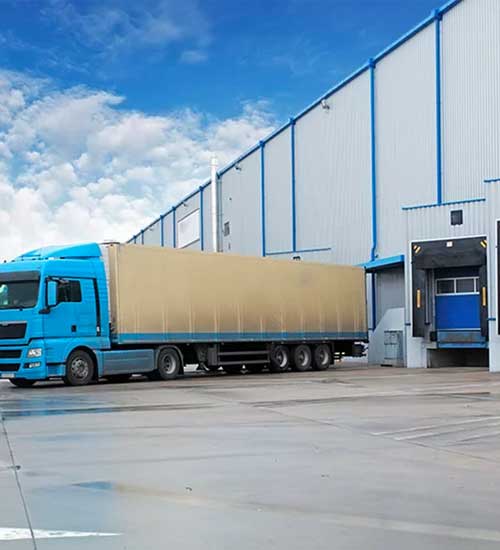Ultimate Goals
Security and traceability are the main concerns of all industries. Because of the inherent benefits of blockchain technology, it can be implemented in many industrial applications. Blockchains change the way transactions and information are maintained and validated, by bringing in a decentralized, incentivized, secure, and digitized method.
We hope to leverage the advantages of blockchain into different industries, and this drives us to establish the blockchain alliances. The formation of blockchain alliance in different industries can accelerate the development of member companies and industry by creating more opportunities for interaction, business scaleup, resources exchange, business opportunities, and networking.
BiGA
Blockchain in Garment Alliance
BiFA
Blockchain in Food Alliance
BiSA
Blockchain in Stay Alliance
BiLA
Blockchain in Logistic Alliance
BiEA
Blockchain in Education Alliance
BiPA
Blockchain in Play Alliance
BiRA
Blockchain in Recycle Alliance
BiCA
Blockchain in Charity Alliance
Want to start a project?
It’s simple, Contact us today for a no obligation consultation for your next project
Contact Us







